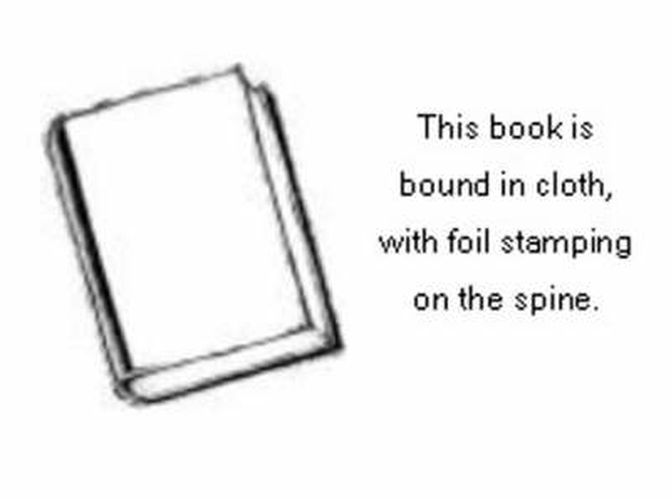Readings Newsletter
Become a Readings Member to make your shopping experience even easier.
Sign in or sign up for free!
You’re not far away from qualifying for FREE standard shipping within Australia
You’ve qualified for FREE standard shipping within Australia
The cart is loading…






Imprisoned Selves calls for a new kind of vitality through re-education and alternative viewpoints of teacher education and research. It uses prison sites and various rehabilitative, schooling contexts as a place of inquiry into teacher and learned development. Methods of investigation used combine narrative with ethnography, and the result is an insider’s personal account of an unfamiliar world. This inside-out approach to research uses prisons as an educational context and academe as a kind of correctional institution (with paradigms of correctionalism in operation). The author views teachers and teacher educators as inmates of correctional-educational systems who must strive to become writer-outlaws in order to transform paradigms of control. Through their own actions, inmates, whether in prisons or academe, can learn that storytelling is a source of human caring that connects unlikely worlds and persons. Many empowering opportunities are described that can arise among co-inquirers, even within the most restrictive circumstances.
$9.00 standard shipping within Australia
FREE standard shipping within Australia for orders over $100.00
Express & International shipping calculated at checkout
Imprisoned Selves calls for a new kind of vitality through re-education and alternative viewpoints of teacher education and research. It uses prison sites and various rehabilitative, schooling contexts as a place of inquiry into teacher and learned development. Methods of investigation used combine narrative with ethnography, and the result is an insider’s personal account of an unfamiliar world. This inside-out approach to research uses prisons as an educational context and academe as a kind of correctional institution (with paradigms of correctionalism in operation). The author views teachers and teacher educators as inmates of correctional-educational systems who must strive to become writer-outlaws in order to transform paradigms of control. Through their own actions, inmates, whether in prisons or academe, can learn that storytelling is a source of human caring that connects unlikely worlds and persons. Many empowering opportunities are described that can arise among co-inquirers, even within the most restrictive circumstances.